Moumen, now 19 years old, was one of the first students to join Jusoor’s centers in Bekaa, Lebanon. His mother, Fatma, a teacher by profession, had dedicated her life to educating children in Syria, but when the conflict escalated, her family’s safety became her priority. With her eldest son, Muayad, recently released after being detained for six weeks, she knew they had to leave. Alongside her husband and three sons—Muayad, Muath, and Moumen—she sought refuge in Lebanon, hoping it would be a temporary stop until the war ended.
For Moumen, who was only in third grade at the time, the transition was difficult. “We left everything behind,” he recalls. “I didn’t understand what was happening, but I knew life wasn’t the same.” The family settled in Bar Elias, a town in Lebanon’s Bekaa Valley, where Um Muayad interviewed for teaching jobs to support her family. It was there that Moumen found a lifeline: Jusoor’s Jurahiya education center.
“The school was a tent,” Moumen says with a smile. “But even then, it was an amazing school. The teachers were great, always trying to get our attention through activities and games.” The center, which served children from refugee camps, quickly gained a reputation for its quality education and nurturing environment. Word spread, and families from nearby camps eagerly enrolled their children.
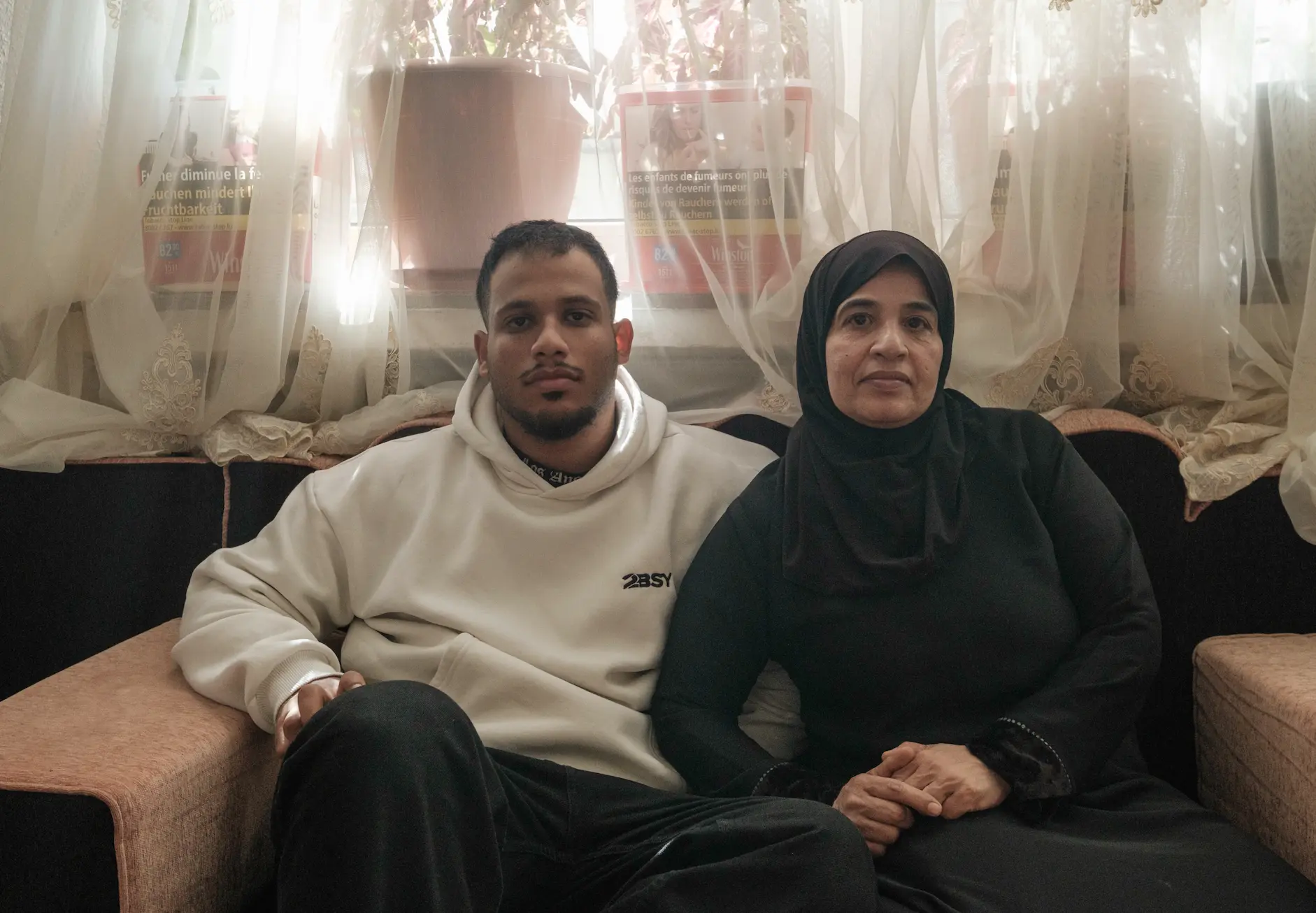
More than a School
For Fatma, or Um Muayad as she’s more known as, the center was more than just a school for her son—it was a community and a source of income since she also worked as a teacher and then a principal at the center. “As teachers, we were like a family,” she says. “We were all transparent with each other and solved our problems together.” The center not only provided Moumen with an education but also gave him a sense of stability during a time of uncertainty.
Moumen thrived at the center, especially in English, which became a cornerstone of his academic success. “There was a great focus on English, which helped me a lot,” he says. The presence of international volunteers, like Raphael from Switzerland, left a lasting impact. Raphael taught German to students preparing to relocate to Germany, a skill that would later prove invaluable for Moumen and his family.
From Lebanon to Germany
In 2017, after three years in Lebanon, the family’s journey took another turn. Moumen’s father had made it to Germany and was able to bring the rest of the family there. “When we arrived in Lebanon, we didn’t have a goal to emigrate,” Fatma explains. “We thought we’d stay until the war ended and then go home. But things kept taking a turn for the worse, and it became clear that we were not going to be able to return any time soon.”
The move to Germany was both a relief and a challenge. “The first phase in Germany was hard,” Moumen admits. “We didn’t know anyone or how to get around. But I adapted fairly quickly and made friends. The main challenge was the language barrier, which took several months to overcome.” His strong foundation in English, nurtured at Jusoor’s center, made learning German easier.
Moumen also credits the cultural exposure he gained at Jusoor for helping him adapt. “The European volunteers we met during my time at Jusoor taught us how to interact with people from different cultures and backgrounds,” he says. “That made it easier to adapt once we were in Germany.”
Today, Moumen is in his final year of high school and dreams of becoming a Mechanical Engineer. His older brother, Muayad, who once faced imprisonment in Syria, is now a engineer in the Netherlands. Another brother, Muath, is studying mechanical engineering. The family’s resilience and determination have carried them through unimaginable challenges.

The Future of Syria
For Fatma, the dream of returning to Syria remains alive, but she knows it will take time. “I wanted to go straight home when I heard the news of Assad fleeing,” she says. “But I couldn’t because Moumen needs to finish his studies here. He will be much more useful to Syria once he has his university degree.”
Moumen shares his mother’s hope for Syria’s future but acknowledges the complexities of his own journey. “I’ve lived most of my life in Germany, so I can’t see myself going back to Syria right now,” he says. “But I do want to contribute to the development of Syria once I graduate and establish myself.”
Moumen’s story is a testament to the power of education, resilience, and community. From a tent school in Lebanon to the cusp of a promising future in Germany, his journey reflects the strength of a family determined to rebuild their lives and contribute to a better world.
As Um Muayad puts it, “We need to establish ourselves first so we can go back and rebuild.” And with Moumen’s determination and the support of organizations like Jusoor, that dream feels within reach.
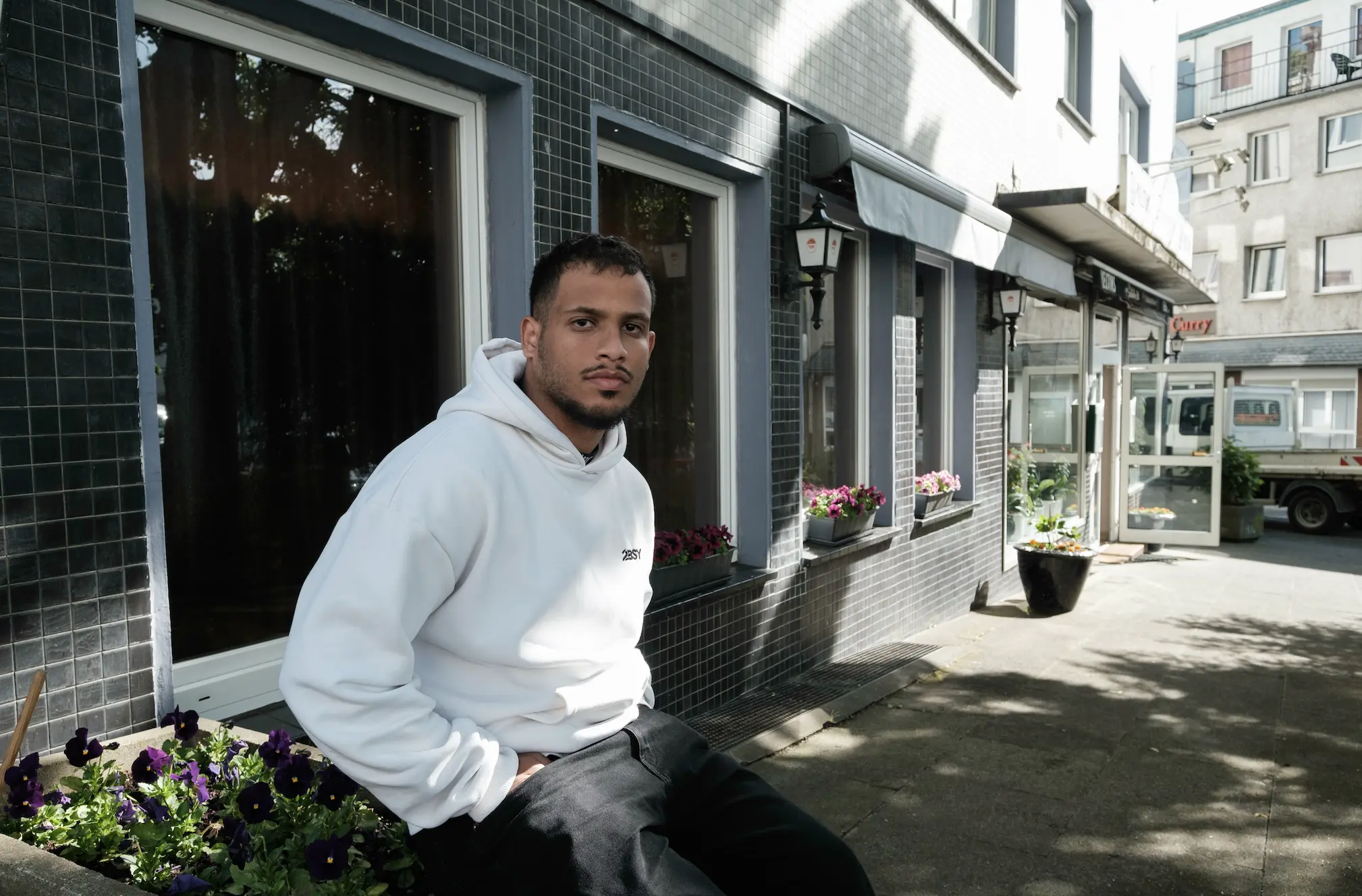
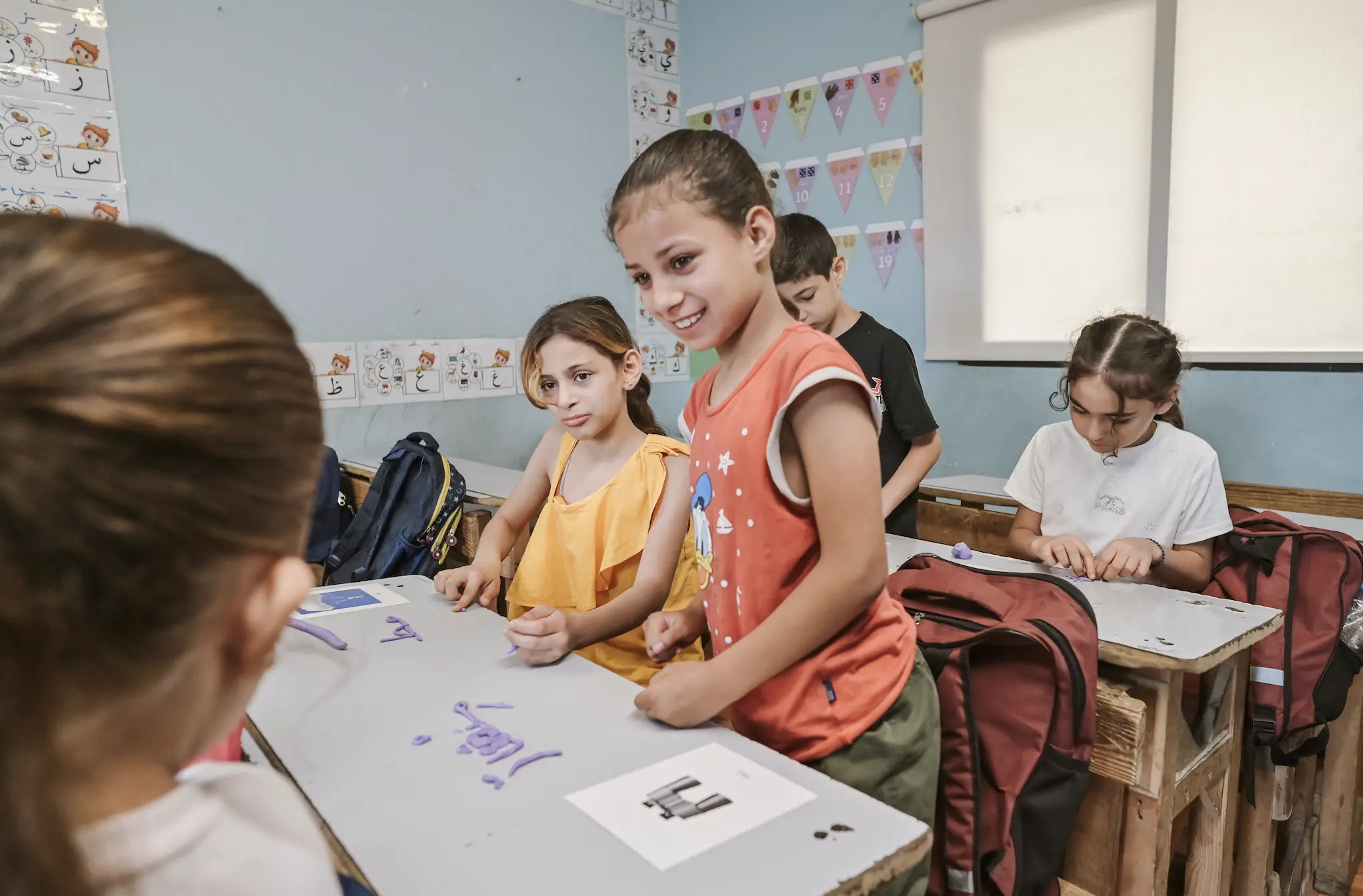
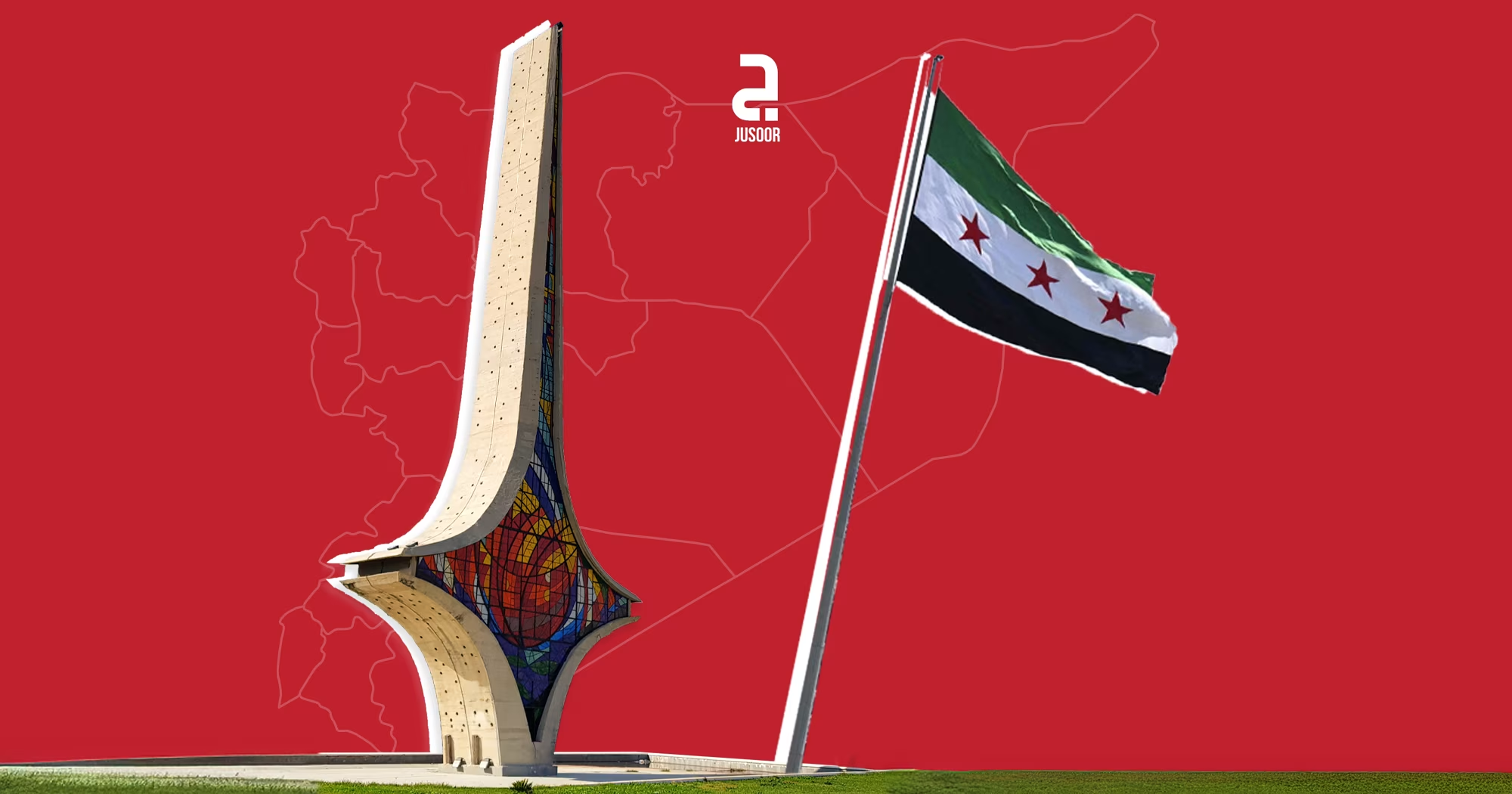
.webp)